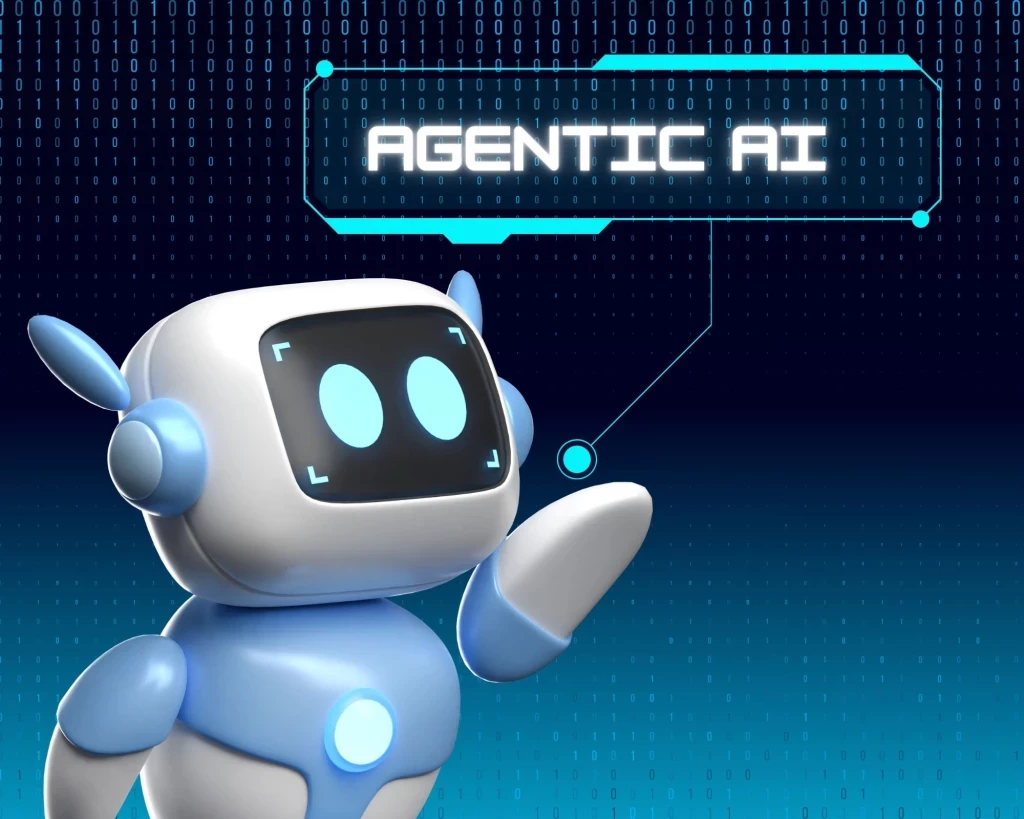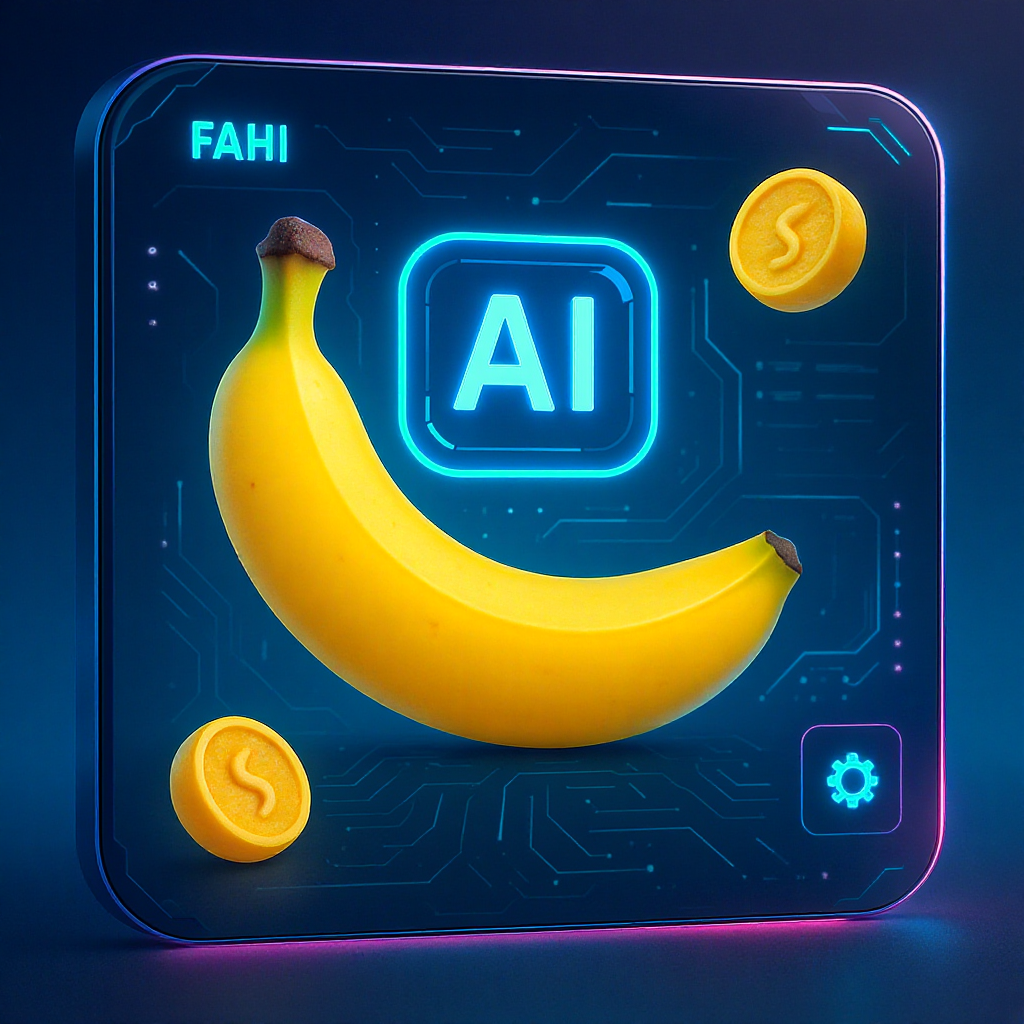What is the news?
Mostofa Adib Shakib, a 28-year-old software engineer from Dhaka, Bangladesh, now earns $6,400 per week as a contractor specializing in agentic AI, an emerging field of artificial intelligence X (formerly Twitter)+3Business Insider+3dontkicktherobots.com+3. He graduated from Texas Tech University in 2021 with degrees in Computer Science and Mathematics and a minor in Electrical Engineering. His early career included roles at Snap Inc., where he earned about $125,000 a year, and ZipRecruiter, where his base pay rose to approximately $145,000 Business Insider.
The release of ChatGPT in November 2022 motivated him to pivot toward agentic AI—AI systems capable of autonomous planning and action Business Insider. When his Optional Practical Training (OPT) authorization expired in July 2024, he successfully obtained an O-1 visa for “extraordinary ability” by using an agent-based sponsorship model. This visa allowed him to work flexibly for multiple clients or pursue independent projects Business Insider.
In February 2025, Shakib began working full-time as a contractor for Mercor, an AI-driven recruitment startup. His weekly compensation increased from $6,200 to $6,400—surpassing his previous weekly earnings at ZipRecruiter Business Insider+2dontkicktherobots.com+2. Despite the high pay, Shakib stresses that his primary motivation is not money but staying professionally relevant and continuously learning. He dedicates time to hands-on AI development, including building tools to help Bangladeshi professionals optimize their résumés Business Insider.
How to Start Earning in the Same Way with Agentic AI
Mostofa Adib Shakib’s story shows how agentic AI — systems that plan and act autonomously — is opening new doors for freelancers and digital entrepreneurs. You don’t need to be a Silicon Valley engineer to get started. With the right steps, you can position yourself in this fast-growing niche. Here’s a practical roadmap you can follow.
Step 1: Learn the Fundamentals of AI and Agentic Systems
Before offering your services, you need a solid foundation in AI basics. Free resources like Google AI’s Machine Learning Crash Course and Fast.ai are excellent starting points. For agentic AI specifically, explore open-source frameworks like:
- LangChain → widely used for building autonomous AI agents.
- AutoGPT → community project to automate goal-driven AI workflows.
- CrewAI → a framework for multi-agent collaboration.
These tools will help you understand how AI agents interact, plan, and execute tasks independently.
Step 2: Build Small Real-World Projects
Instead of waiting for a “big break,” start with small, demonstrable projects you can showcase in a portfolio. Examples include:
- An AI agent that manages content publishing (using Zapier or n8n).
- A recruitment agent that scans job boards and matches profiles (similar to Mercor’s concept).
- A customer-support chatbot using LangChain + OpenAI.
Document these projects on GitHub or your personal website. This proof of skill is often more valuable than a formal degree.
Step 3: Offer Your Services as a Contractor
Once you have portfolio projects, you can monetize by offering agentic AI development and automation services. Platforms where freelancers are already landing contracts in this space include:
- Upwork → search for “AI automation,” “LangChain,” or “AI agents.”
- Toptal → curated marketplace for top tech talent.
- Mercor → the very startup where Shakib works, connecting AI engineers with companies.
You can also pitch directly to startups via LinkedIn, showing how your agentic AI prototypes can solve their specific problems.
Step 4: Keep Learning and Scaling
The AI field evolves weekly. Stay ahead by:
- Following communities like AI Agents on Discord or Reddit’s r/LocalLLaMA.
- Testing new frameworks (e.g., LlamaIndex, Haystack).
- Documenting your learnings publicly (via blog posts or LinkedIn) to attract inbound clients.
How Much Time, Money, Training, and Earnings Are Involved in Agentic AI
If you’re inspired by Mostofa Adib Shakib’s journey, you’re probably wondering what it really takes to start earning with agentic AI. Here’s a breakdown of the practical requirements and opportunities.
Time Investment
- Learning curve: Expect 3–6 months if you dedicate 1–2 hours daily to master AI fundamentals and frameworks like LangChain, AutoGPT, or CrewAI.
- Project building: A basic portfolio project (e.g., an AI agent that automates content publishing) can be built in 2–4 weeks.
- Client work: Once you’ve showcased 2–3 solid demos on GitHub or LinkedIn, you can begin applying for contracts.
Financial Costs
- Tools & software: Many open-source frameworks are free. Paid APIs like OpenAI cost around $20–50/month for light usage, scaling with traffic.
- Learning resources: You can start free with Fast.ai, Google AI’s ML Crash Course, or Hugging Face tutorials. Premium courses on platforms like Coursera or Udemy range from $50–$300.
- Setup: A decent laptop (16GB RAM) is sufficient; cloud GPUs are optional at early stages (~$1–3/hour if needed).
Training & Skills Needed
- Beginner: Python programming, GitHub portfolio, and API usage.
- Intermediate: Frameworks like LangChain or LlamaIndex, automation tools (Zapier/n8n).
- Advanced: Multi-agent orchestration, optimization for business workflows, and deploying agents in production.
Potential Earnings
- Entry-level freelancers: $25–$60/hour on platforms like Upwork for AI automation projects【web†source】.
- Skilled contractors: $80–$150/hour, especially if you can deploy and maintain end-to-end AI solutions.
- High-demand experts: Engineers like Shakib earn $6,000+/week with startups (e.g., Mercor)【web†source】, but this usually requires advanced expertise and a strong portfolio.
Do I Recommend Getting Into Agentic AI, and Why?
I recommend exploring agentic AI as a career or side hustle — but only if you’re ready to commit to continuous learning. The story of Mostofa Adib Shakib, who now earns $6,400 a week as a contractor, proves the opportunity is real. However, it’s not a shortcut to quick money.
The benefits are clear: agentic AI is one of the fastest-growing fields, with demand from startups and enterprises that need systems capable of autonomous planning and execution. For freelancers and digital entrepreneurs, this means early positioning can lead to premium contracts, flexible work, and strong long-term earning potential. You don’t need to be a Silicon Valley engineer to start — open-source frameworks like LangChain, AutoGPT, or CrewAI make entry more accessible than ever.
That said, the barrier is skill, not tools. If you dislike coding, rapid iteration, or documenting projects, this path may frustrate you. It also requires patience: most beginners will spend 6–12 months building skills and portfolios before serious earnings appear.
👉 Ideal for: freelancers, developers, and entrepreneurs who enjoy experimenting with AI automation and want to position themselves early in a high-value niche.
🚫 Not ideal for: people seeking passive income with minimal effort or those unwilling to invest consistent time into skill growth



Yo, checked out codwinslotlogin and it’s legit! The slots are pretty sweet and I even snagged a few wins. Definitely worth a spin, you know? Give codwinslotlogin a try, you might get lucky!
Naya24download, eh? Sounds like a place to grab some downloads. Careful what you click on, though! Safe surfing, kids, and here’s the link: naya24download